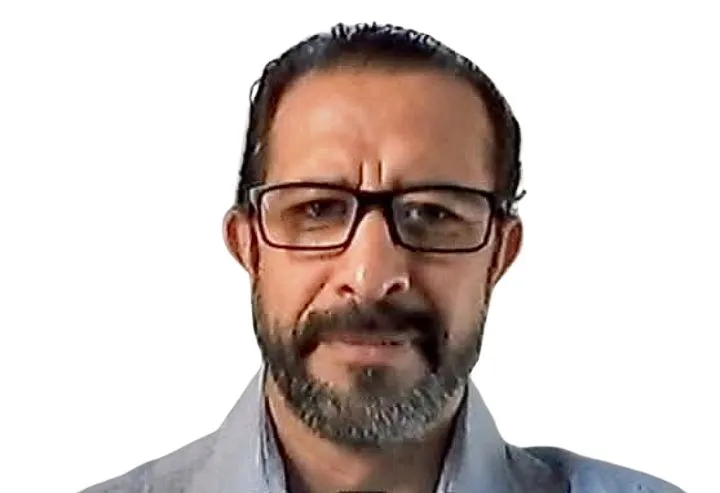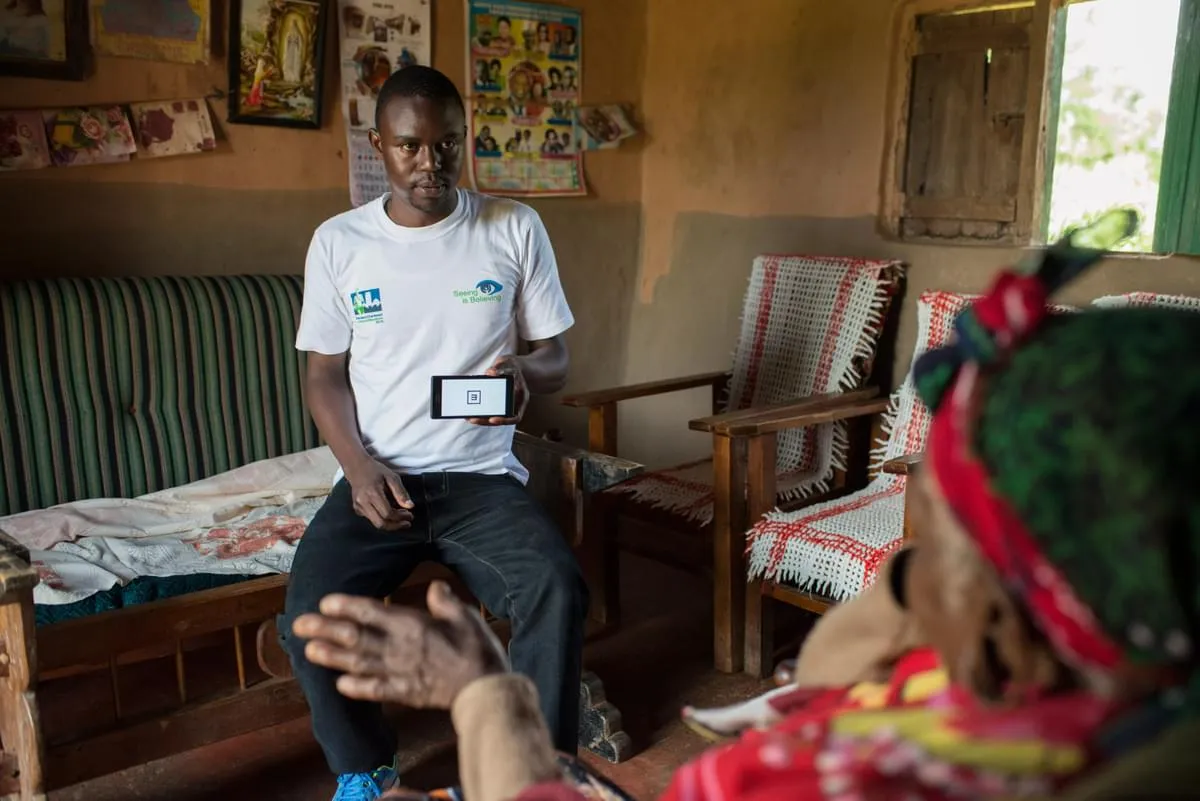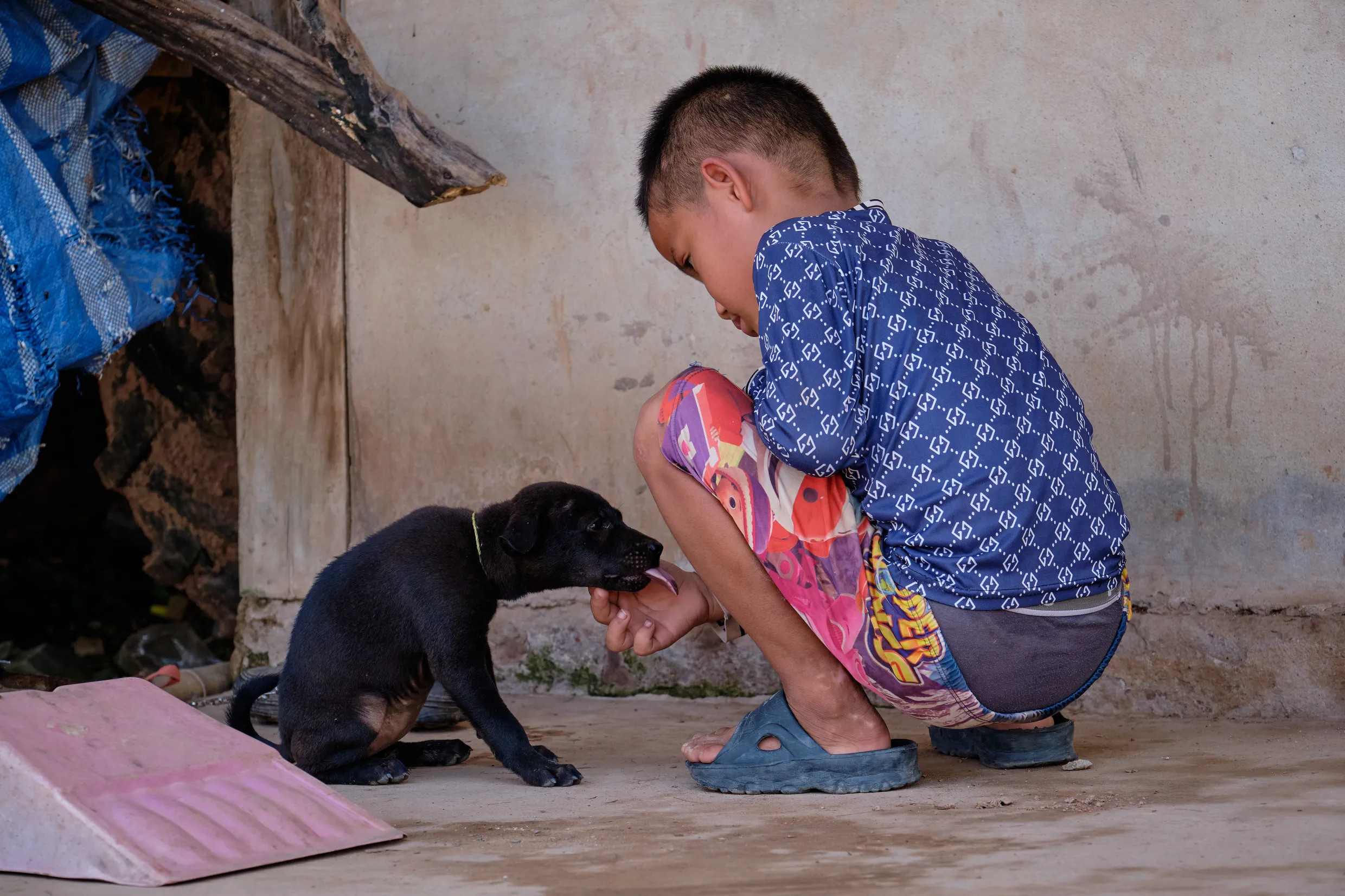
Antonio Oñate, 57, was diagnosed with Hepatitis C in 2002, the result of a blood transfusion when he was 15. Initially told he would have 10 years to live, today Antonio is free of the virus after a successful course of intensive treatment.
Antonio: The Hepatitis C diagnosis was brutal. It completely altered my life plans, as the diagnosis was liver cirrhosis due to hepatitis C, and the doctor gave me little hope that the treatment would work. I had to think about how I would prepare to seek a liver transplant in case the treatment failed. The news was so shocking that, knowing I wouldn’t have many years left to live, I decided not to continue the relationship I was starting. My efforts focused on improving my quality of life, learning as much as possible about the disease and hepatology, and working to save money for the expensive liver transplant. Unfortunately, the doctor who gave me the news did so in a cold way. He made me feel there was no hope. He told me I could live 10 more years with little hope of a transplant. I was 33 years old. Family and friends were crucial in overcoming my depression, and above all, my fighting spirit. I knew the disease could kill me, but I decided that if I was going to die, I would do so fighting. I always maintained my fighting spirit; that hasn’t changed.
Hope must die with us at the end, not at the beginning of the battle. But I also learned that hope isn’t a strategy, but it is the reason to continue with whatever plan one has decided to follow.
What inspires you about today’s science for people living with Hepatitis?
Antonio: I am a chemical engineer so science is important for me. Medical science made a quantum leap by developing a cure for a viral disease, Hepatitis C, and continues to strive for better treatments for other viral diseases. There is talent in the world. There are scientists dedicated to finding better treatments, but more financial support is needed for their research.
We live in the age of information and connectivity, and we must use it as a powerful tool to bring science to more people around the world.
What do you see as the most urgent issue today for people living with Hepatitis?
Antonio: The most urgent need is for governments to change their public policy. Without an adequate strategy and resources from governments, civil society’s efforts are very limited due to the high cost of treating a large number of people. My organization estimated that Hepatitis C killed more people than breast cancer, prostate cancer and AIDS combined between 2000 and 2015. Several actions must be taken simultaneously due to the lack of information about the disease, the lack of a national program to track down people with the disease, and the lack of free treatment. Low-cost generic treatments are already available that would allow governments to implement a strategy to diagnose and treat people with viral hepatitis in a timely manner.
The government is key, getting politicians to listen is vital and it’s important to work with partners such as the Pan American Health Organization, WHO and the World Hepatitis Alliance . I have met a lot of good people in the same situation that I was in. I have seen how bad it can be for really, really good people. Of those of us that I knew from 2005 that were diagnosed with Hepatitis, there are only a few living. Today, thanks to treatment, I am free of the virus and free of liver damage. I want more people to have that hope.
Antonio Oñate is the Director of Hepatos Aión Foundation, AC—an NGO committed to raising awareness about liver health—and a regional board member for the Pan American Health Organisation at the World Hepatitis Alliance.
Help Eliminate Hepatitis
The WHO Foundation is supporting WHO to raise funding for a 5-year program to scale up access to diagnosis and treatment services for Hepatitis B and C in seven countries: Cambodia, Cameroon, Indonesia, Pakistan, South Africa, Uganda, and Vietnam
When fully implemented the program aims to:
Prevent 9.5 million new infections.
Avert 2.1 million cases of liver cancer.
The long-term goal by 2050 is to prevent 53 million infections, 15 million cancer cases, and save 23 million lives.
Contact Caterina Mastellaro, Head of Strategic Engagement, c.mastellaro@who.foundation for more details of the program.


